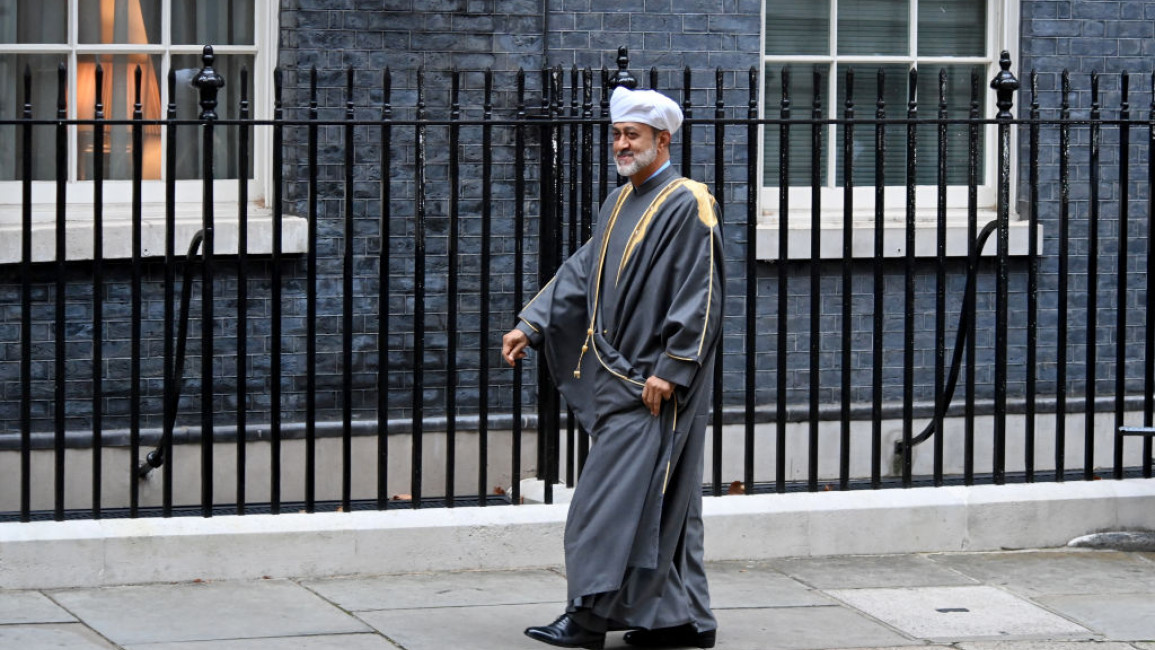Dozens of ex-Omanis see citizenship restored following royal decree
Dozens of ex-Omani citizens have had their citizenship restored following a royal decree from the sultan, local media reported on Monday.
Sultan Haitham Bin Tariq Al Said issued Royal Decree No.13/2022 restoring citizenship to 48 people, his first such order since taking power in 2020, according to the Oman news agency.
The Gulf state doesn’t recognise dual nationality and strips people of their citizenship if they acquire another nationality “in violation of the provisions of the law,” said Gulf News.
The law stipulates that “those who want to reclaim the citizenship must be of good conduct and behaviour, and that they must not have been previously convicted of a felony or crime against honour, and be free from contagious disease,” the newspaper said.
Those who want to reclaim citizenship must also be residing in Oman, or express a desire to want to settle there.
The report did not specify why the 48 individuals were originally stripped of their citizenship.
An Omani can be deprived of their citizenship if they join a group or party that supports beliefs considered harmful to the interests of Oman; or if they work for a foreign country and fail to leave the position at the request of the government.
Last year, the Sultan granted Omani citizenship to over 200 expats - a rare occurrence in the Gulf state where citizenship is difficult to obtain.
Individuals must be living in Oman for more than 20 years to be eligible for citizenship. They must take an Arabic language exam as well as provide proof that they work in Oman and that they do not have any legal cases against them.


![Minnesota Tim Walz is working to court Muslim voters. [Getty]](/sites/default/files/styles/image_684x385/public/2169747529.jpeg?h=a5f2f23a&itok=b63Wif2V)




![Debris near Rafic Hariri International Airport [Getty]](/sites/default/files/styles/image_330x185/public/2176162423.jpeg?h=a5f2f23a&itok=MCSK9mkM)
![An Israeli air strike on Jabalia killed teenage journalist Hassan Hamad [Screengrab/X]](/sites/default/files/styles/image_330x185/public/2024-10/hassan%20hamad1.jpg?h=c12e0b96&itok=Rd_dyCVp)
